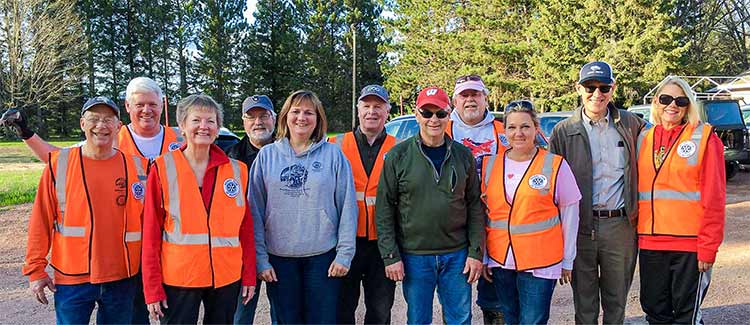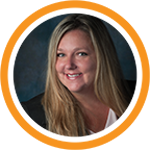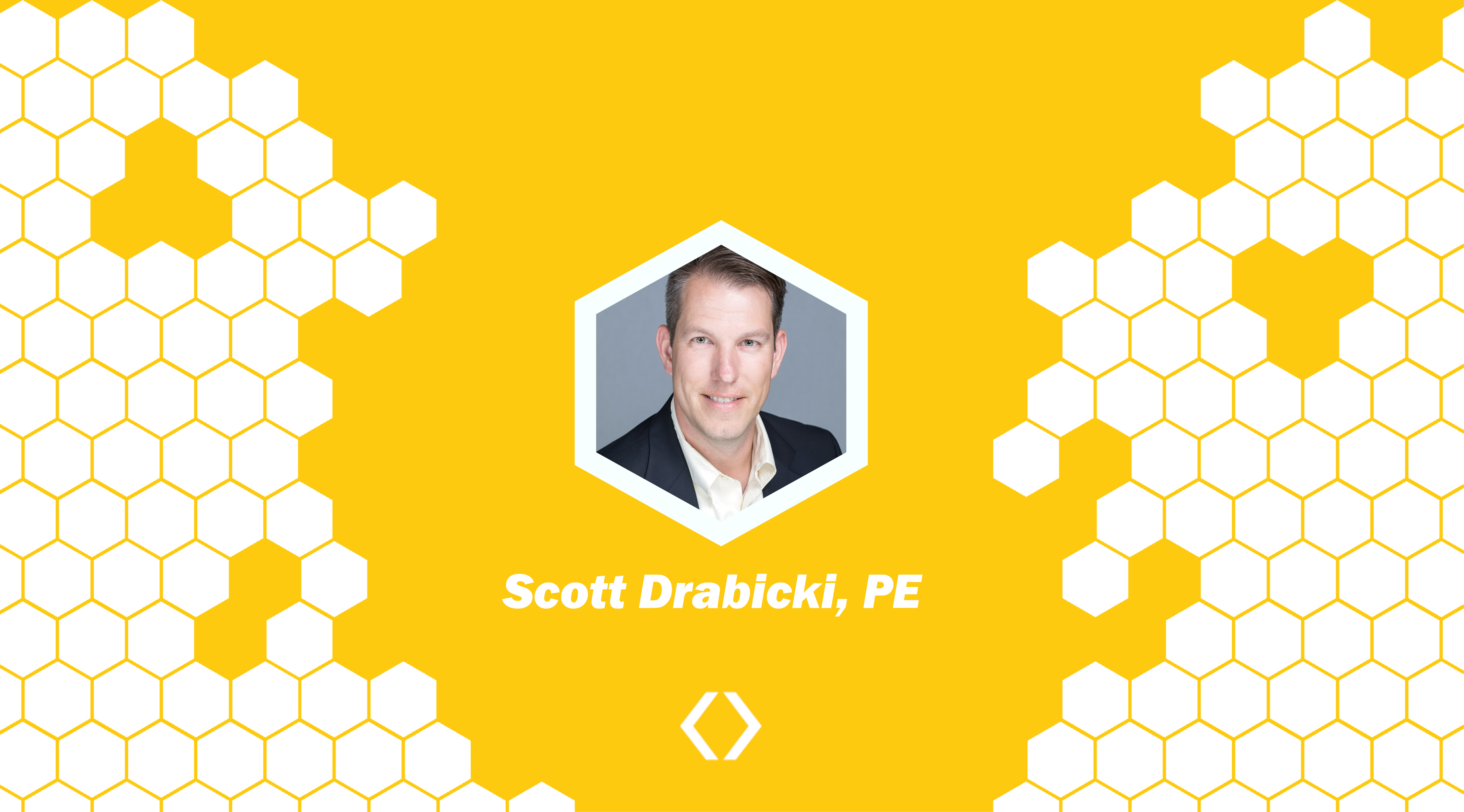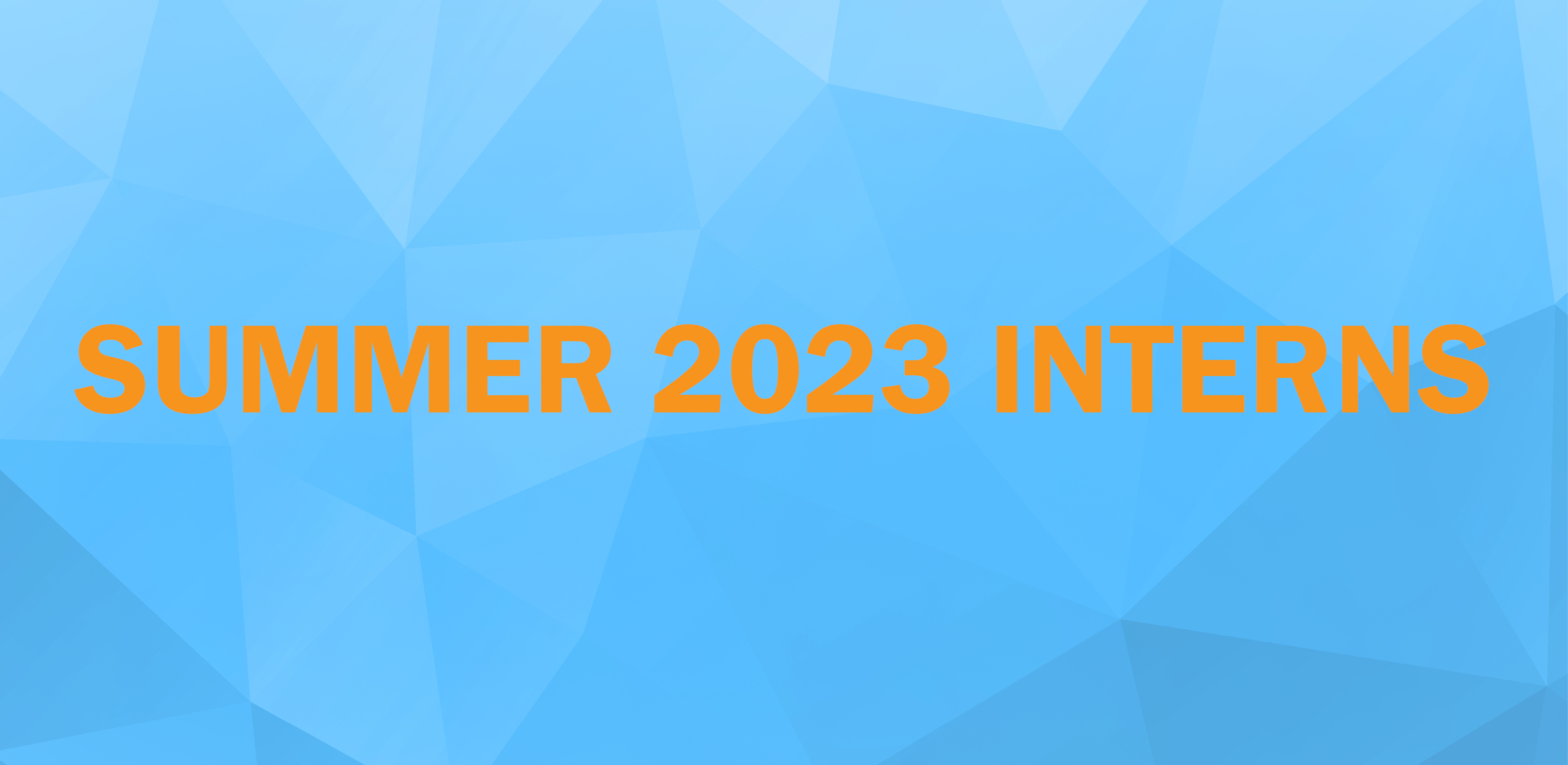An interview with Tonia Westphal, PE, LEED AP
The following questions and answers are from an interview with our Northern Wisconsin Area Manager Tonia Westphal, Professional Engineer and LEED AP. As a resident of North Central Wisconsin, Tonia is a vested stakeholder in the success of the region and believes actions speak louder than words. She invests her time actively working with the communities she serves.
 Why do you think it's important to invest in your community?
Why do you think it's important to invest in your community?
I think it fundamentally has to do with people. For many of us, it's about making a difference and helping improve communities. We have several offices throughout the Midwest so we can be where our clients are and where we serve people. It makes a lasting difference if we can do projects within the communities in which we live and work.
 What’s the community like that you serve? What do you like about it? What challenges does the community face?
What’s the community like that you serve? What do you like about it? What challenges does the community face?
North Central Wisconsin is made up of hardworking people who are interested in community, their neighbors, and doing what's best for each other. That’s why I like being here. I've worked in other places, and this is home for me.
As for challenges, it’s like a lot of other areas where money is an issue. Part of our job is to help clients find funding or develop and scope projects to fit the funding they do have available to make the biggest impact. We also work with communities to help prioritize things that they'd like to get done so that they can make the wisest use of their funds. In some of the smaller areas, a challenge would be declining population. With that comes challenges in associated funding as well.
 Are there any other ways Clark Dietz can help address your community’s challenges?
Are there any other ways Clark Dietz can help address your community’s challenges?
Regulatory requirements are always increasing, and it's not necessarily what people think in terms of more regulation and more paperwork. We're seeing it in terms of the next step in the Clean Water Act and phosphorus regulations. The Wisconsin Riverbed is a block and a half from our office, which is just another block away from City Hall. The 12 area communities here are subject to updated permitting requirements because of the Wisconsin River TMDL. That's being prompted by a change in the regulation. It's something that we can help with and respond to.
 It’s interesting that you moved away from your hometown and then moved back. Can you share more about that?
It’s interesting that you moved away from your hometown and then moved back. Can you share more about that?
I grew up near Wausau, just east of here in a rural area. I went away to school in Michigan (Michigan Technological University) and then worked in the Northern Lower Peninsula of Michigan for 10 years. When I was looking to make a change, I found the best opportunity just 20 minutes from where I grew up and moved back in 2006.
And I have not regretted any of it. This is a great community. We're about 100,000 people in the whole metro area which may seem small. However, we have access to an award-winning theater in downtown Wausau, a new Museum of Contemporary Art, and many dining options. One of the biggest draws for me and many people I know is that we have access to the outdoors within minutes.
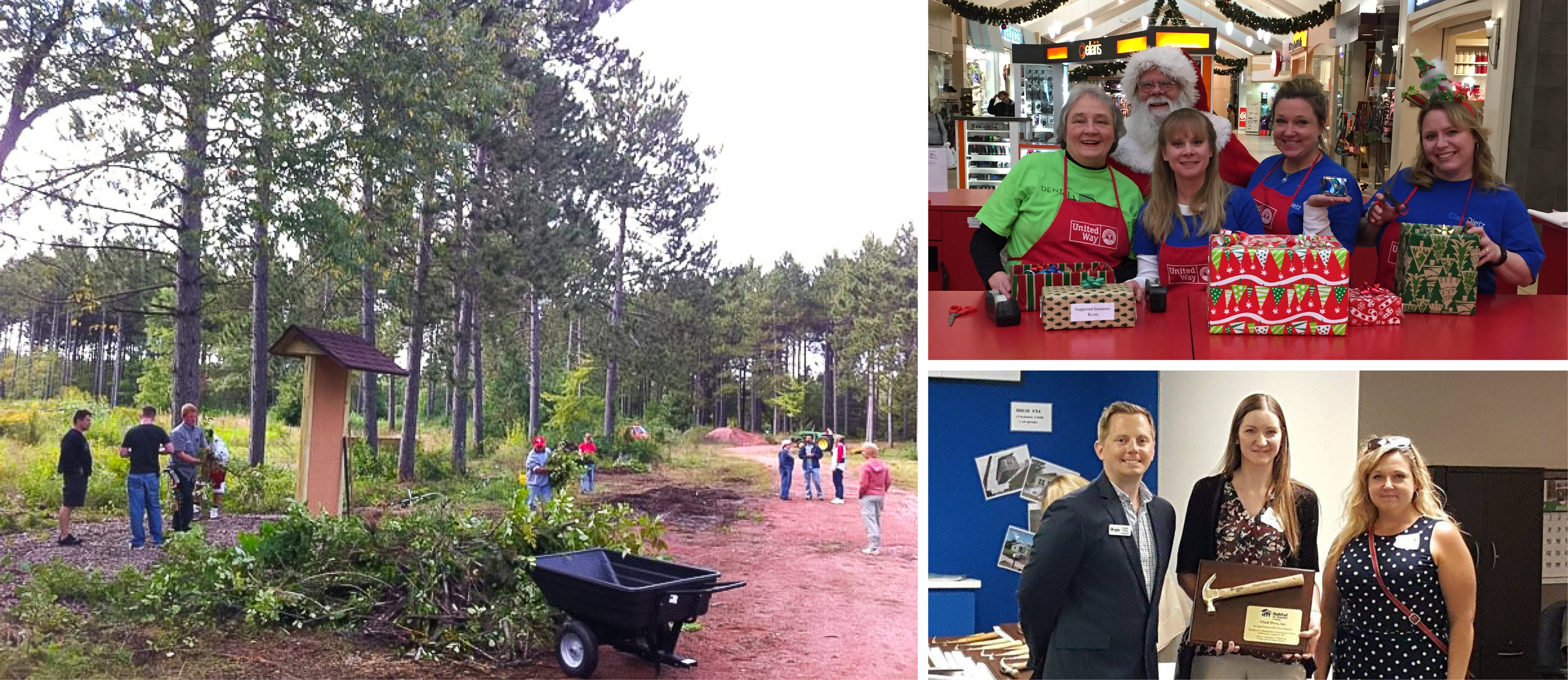
 What have you learned through volunteering in your community?
What have you learned through volunteering in your community?
For me, volunteering goes hand in hand with the type of work we do. We serve communities, and volunteering is another way to give back to your neighbors and your clients. The spirit of giving back is strong for me, and most people in this area.
Volunteering is a way to make friends and business colleagues. It's a way to mesh together personal and work and be about one thing in the area rather than keeping those things separate. I can't keep those separate.
 Is there a specific volunteering moment or volunteer job that had an impact on you and the community?
Is there a specific volunteering moment or volunteer job that had an impact on you and the community?
A few years ago, in the Merrill area, I was on the Chamber Board and then became the Chairman of the Board. Because I had also worked in the City as the "on-call" engineer, I knew people who were interested in developing the waterfront. The City didn't have the resources to take that on, so a steering committee was formed called the River District Development Foundation of Merrill. I was a member of this committee to establish the foundation and help develop the riverfront.
The first project involved with this was a trail project. I have a trail background and have designed trails in various communities and am able to help with permitting. I was able to bring a technical perspective to something that was also a volunteer opportunity. Since then three segments of the trail have been built. It was a tangible project that came out of grassroots efforts that I was honored to be a part of. Not only did I contribute advice from a volunteer perspective, but I got to work on it too. Clark Dietz was able to help with some of the construction services on a portion of the trail.
 What does “Engineering Quality of Life” mean to you?
What does “Engineering Quality of Life” mean to you?
It goes back to making a difference in the community that you live, work, and play in. If you can have drivable roads, swimmable waterways, walkable and bikeable trails, and a clean environment, that increases the quality of life for all of us. It helps grow our communities, making them more vibrant.
When I first started in engineering, people said to me: "no one will know what you do until something goes wrong." It’s easy to take for granted that water will go where it’s supposed to, and that electricity will always be available. It’s interesting that what we do is vital to communities. But the best thing we can be to some degree is not noticed.
Making a difference is why many people at Clark Dietz got into engineering, and I'm included in that.

